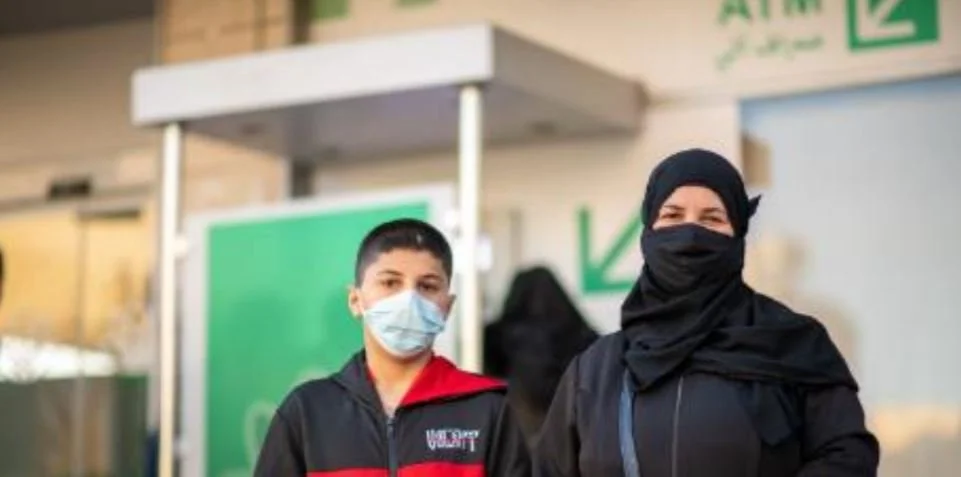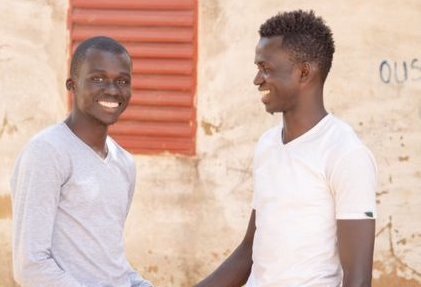July 2023
Cash and voucher assistance (CVA) can play a significant role in migration programming by providing support and empowering individuals or families who are migrating to meet their needs.
Recognising the value of granting migrants greater autonomy in meeting their immediate needs, humanitarian actors are increasingly turning to cash assistance. Its flexibility has proven effective in supporting migrants' ever-changing circumstances, but its use remains limited.
To better understand the opportunities and challenges of integrating CVA into migration programming, Samuel Hall, in collaboration with the British Red Cross, conducted a study focused on transit migration in the Sahel region—Burkina Faso, Chad, and Mauritania.
Despite their relevance, targeted cash assistance programmes for transit migrants are scarce, resulting in limited impact on their livelihoods. This is partly due to the perception that CVA would influence migrants’ decisions - a perception that evidence collected as part of this research strongly debunks.
To address these challenges, a shift is urgently needed from a country-based approach to a journey-based approach in planning CVA interventions in the Sahel region.
Download Annexes Here - EN, FR
Read More



















